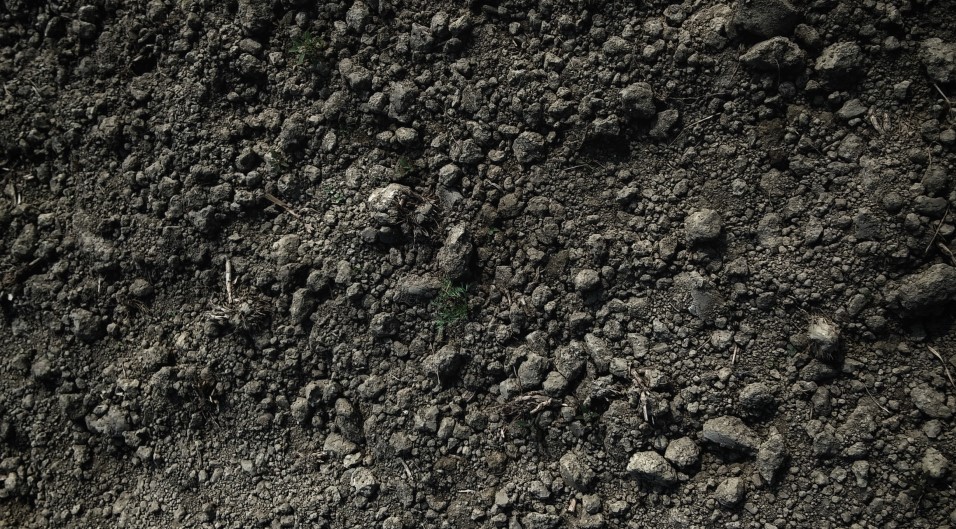Biochar is an ancient technology that this project is looking to bring into the 21st Century. Instead of burning farm waste, such as hedge clippings or tree prunings, it can be converted into biochar. The biochar is a pure form of carbon that can be applied to the land and improve soil health. This research will examine both the impact on the carbon locked into soils and improvements to soil fertility. The project hopes to increase crop land productivity while limiting atmospheric greenhouse gases.
Re-Generation Earth
Re-Generation Earth is based in Kent and works with landowners to develop projects using their natural assets, like soils, waterways or hedgerows, to identify where they can capture more C0 and increase biodiversity commercially.
Dr Robert Barker & Dr Anastasios Tsaousis, University of Kent
Dr Robert Barker (Chemistry and Forensic Science) and Dr Anastasios Tsaousis (Biosciences) will be working with Re-Generation Earth on a project to use biochar from farm waste to lock carbon into soils, thanks to over £420,000 funding from Growing Kent and Medway.

